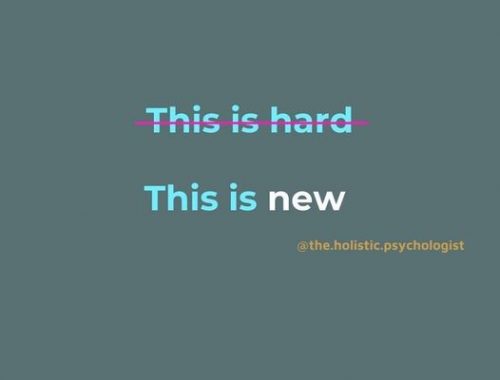How to build better client relationships
There are a number of things that can ruin a perfectly good day at work, but nothing more than a difficult client. We have all had them, they are demanding, have unrealistic expectations, don’t listen to our advice but then blame us for the outcome or the worst those that know comms better than we do. Sound familiar?
Unfortunately, as a service delivery area (which we all are!) clients are part of the deal. This means we need to find a way to work with them (or at least survive them with our sanity intact).
After working in-house in communications teams for years, I built some great relationships. Even now, years later I still see some of my ex-clients on a regular basis. This experience taught me a few things about how to build good working relationships with your internal clients so I thought I would share my insights with you.
Good old customer service
When I was the manager of an in-house government communications team, I am pretty sure my team hated how much I banged on about customer service. But it was my birth-right, having grown up with a mother that worked in retail. I understood from a young age the importance of customer service, it was drilled into me. I ran with that concept and took it into government.
I wanted, my team to always deliver great customer service because I understood it was key to our success in the organisation. We didn’t always get it right, but we tried to keep it front of mind. We were polite and helpful. We were responsive, we answered the phone, responded to emails and returned messages. We communicated openly and regularly with our clients. We turned up to meetings on time (an absolute rule in my books) as it showed respect. Above all else, we learnt the business. We understood our client’s priorities and tried to make them ours. We built an understanding of the content and the issues.
“The key is to set realistic customer expectations, and then not just meet them, but exceed them – preferably in unexpected and helpful ways.”
Richard Branson, Virgin.
Make it their idea
You know the saying “the customer is always right” well they aren’t, but you need to make them feel like they are. Presenting compelling, knowledgeable, and realistic ideas that still meet your client’s needs. It will mean they think they have solved a problem just by coming to you! You need to be able to create a situation where you have partnered with your clients, rather than making it an “us and them” situation. This is an art. Making someone believe a great idea is their idea. It means they can go back to their boss and say, “I came up with a great idea” and take credit for the delivery, which is ultimately what we all want.
One of the challenges of working in communications is often we don’t get the credit for the work we do, for pulling off a big project/announcement/event. But think about the brownie points you earned and the fact that internal client is more likely to come back to you next time for help.
Reading people
I have often said communications people also need a degree in psychology. Knowing how to read people and understand what they are thinking, is what takes you from being a good communications professional to an exceptional one. In meetings, rather than talking I would often sit back and listen, watch body language and interactions, interpret what people really meant. Give it a go you will be surprised what you can learn. This often meant that when communicating one-on-one I had a much better understanding of the person and what they needed.
Adapting your style to fit their needs
The other key point here is when you know your audience, you can adjust your style to suit. If you are talking to your agency’s data analyst or CFO don’t talk about messaging and narrative, they just don’t care, it’s not their language. Talk numbers, web analytics, key stats, audience reach. If you are talking to HR, talk about what the employee experience will look like, not the communications channels. Understand what drives the person you are engaging with and adapt your style to suit them. Target your communications to your audience. Don’t expect people to change for you.
Be nice, no matter who it is
Ok, this one is hard, and I am guilty of not always adhering to this (but we aren’t all perfect). Regardless of how someone engages with you, how rude, abrupt, unprofessional they are, you have to be professional back. Not only because it makes you the bigger person but because other people are always watching, and you shouldn’t damage your reputation by dropping your standards.
Being nice to those people that are the most difficult, also chips away at them. I had one really difficult internal client who would regularly (and joyfully) point out mistakes my team had made, or information we didn’t know or was generally just a bit mean. Instead of reacting, I would be over the top nice “Thank you soooo much for your feedback, we will address that straight away.” I was never a pushover, but I (almost) never bit back either. After six years of working together, on my last day this person came up to me and said, “you will be missed.” Respect! Hard earned.
“Set an example. Treat everyone with kindness and respect, even those that are rude to you – not because they are nice, but because you are.”
Anon.
Find your “power” people
One of the things that I found really effective was having internal advocates to help spread your message and tell other people how great you are. Find those people who you can work well with, and they will tell others in the organisation the benefits of working with you. Those people that will stand up for you in a meeting because you have delivered for them before. They will encourage others to come to you for advice. This will take time to build these relationships, you will need to deliver above expectations over and over again. But these people can be your biggest asset, your biggest supporter and can be called upon to help win over others.
Managing internal clients is hard, its time consuming, it can be unrewarding, but it’s important if you are going to have any influence in your organisation. You can’t forget that without these people you will have nothing to communicate, and while not all of them will see the benefits of communications they will know great customer service when they get it.

